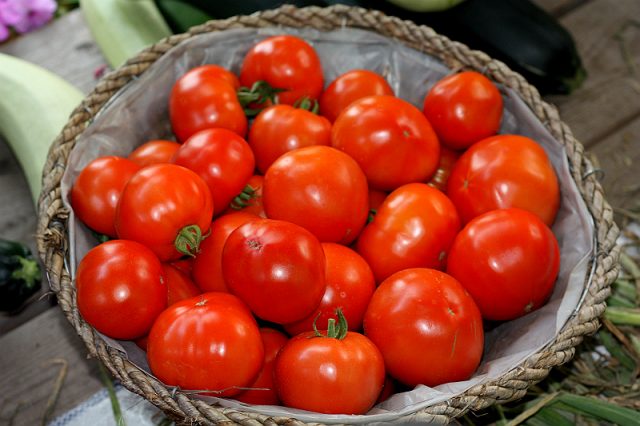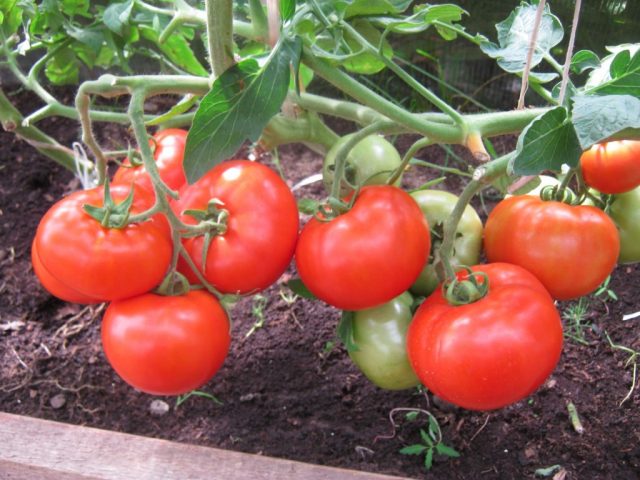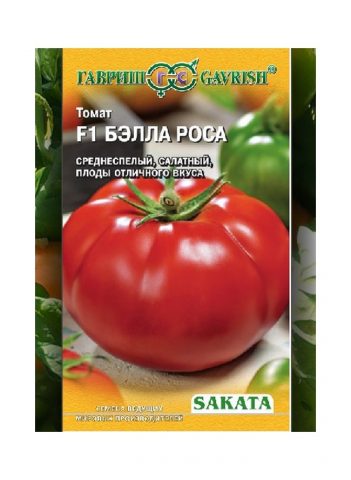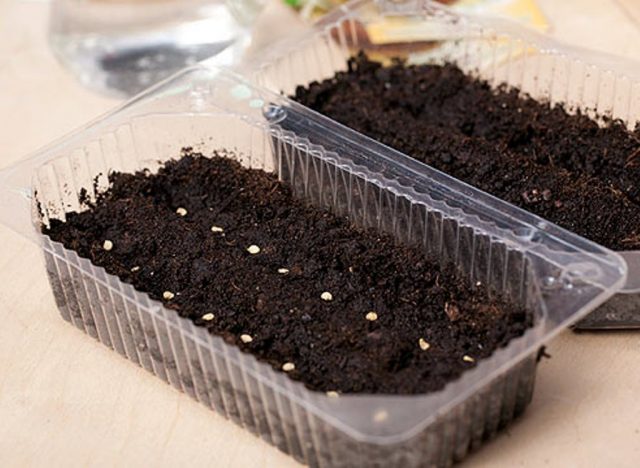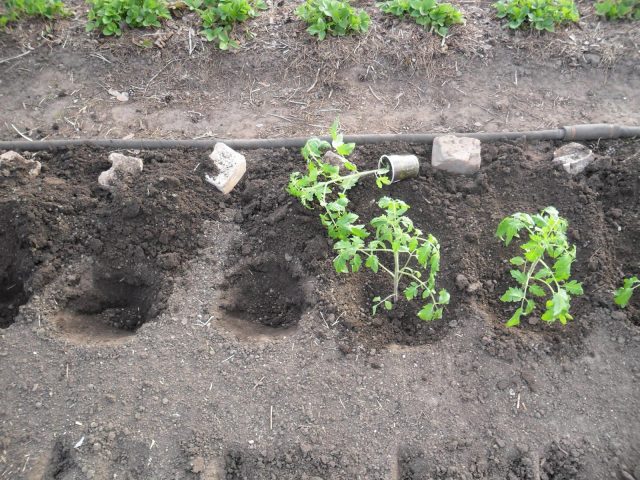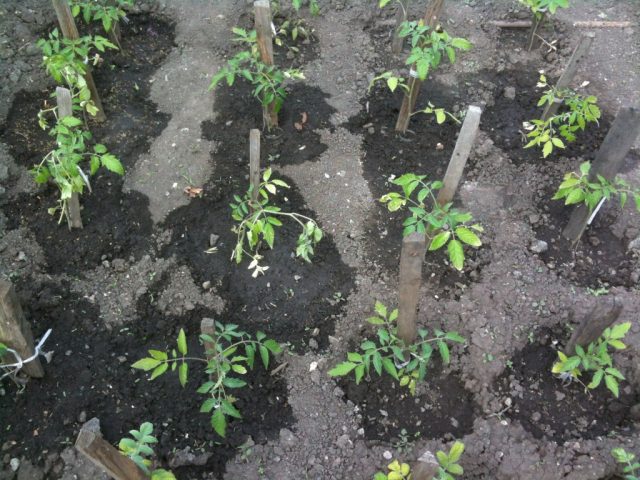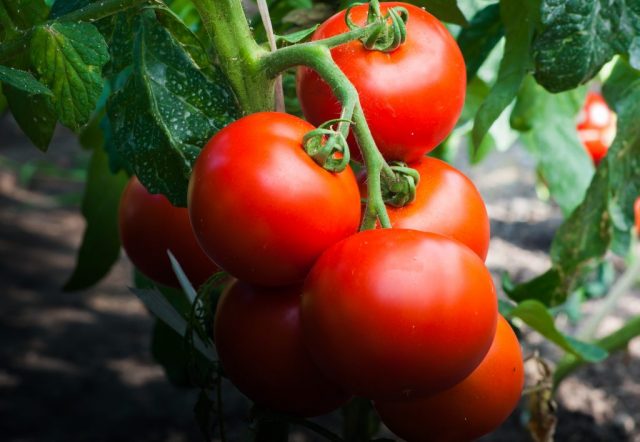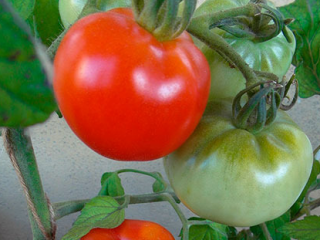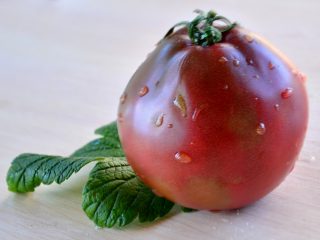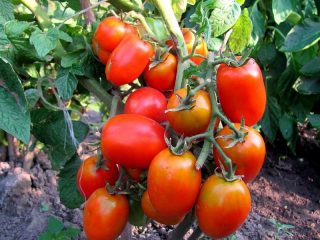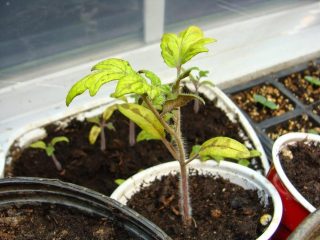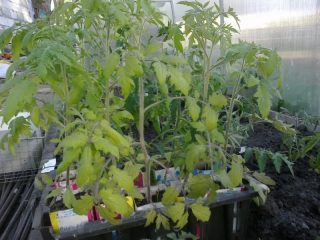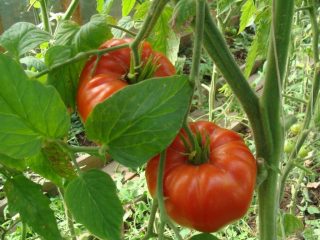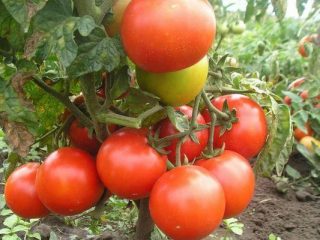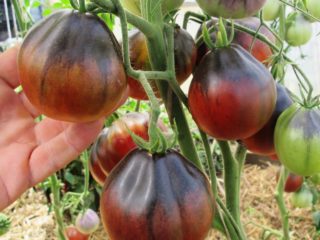Content
The Bella Rossa tomato is an early variety. This tomato hybrid was developed in Japan. The variety was included in the State Register in 2010. The optimal regions of the Russian Federation for growing tomatoes are Astrakhan and Krasnodar regions, Crimea. Tomatoes do not require special care; reviews about them are extremely positive. This variety of tomato is used for growing by both experienced gardeners and beginners. The Bella Rossa tomato is popular all over the world.
Characteristics and description of the tomato variety Bella Rossa
A photo of Bella Rossa tomatoes is presented below; based on reviews of tomatoes, one can judge the popularity and productivity of this variety. Main characteristics of tomatoes:
- Bella Rossa is a hybrid variety of tomatoes bred in Japan;
- a distinctive characteristic is a high level of drought resistance;
- tomatoes are practically not susceptible to diseases;
- the ripening period varies from 80 to 95 days; in the case of planting seedlings, the harvest can be harvested after 50 days;
- ripe tomatoes have the shape of a circle;
- the pulp of tomatoes is colored red;
- on average, the weight of one fruit is 180–220 g;
- Tomatoes of this variety are universal, suitable for canning and eating fresh.
This variety of tomatoes is determinate, standard, the tomatoes are well-leafed, and during the growth process they need a garter, since the bush can break under the weight of the fruit.
Brief description and taste of the fruit
Ripe tomatoes have a round, slightly flattened shape. The peel and pulp are rich red. There are no green or yellow spots in the stalk area. The peel is quite strong and elastic, as a result of which the fruits are not subject to cracking during the ripening process.
The tomatoes are large and smooth, capable of weighing up to 300 g. The pulp is dense, the seed chambers can be from 5 to 7. Since the dry matter contains about 6%, Bella Rossa is not suitable for making juices and purees.
Tomatoes taste sweet, they are used for canning, and are also eaten fresh for salads and various snacks. To increase the yield of tomatoes, it is necessary to properly care for planting material and apply fertilizing in a timely manner. If necessary, tomatoes can be transported over long distances without losing their appearance or taste.
Pros and cons of the variety
The Bella Rossa tomato variety is popular all over the world and this is not surprising, because tomatoes have a large number of advantages:
- early ripening;
- high level of productivity;
- simultaneous ripening of fruits;
- high resistance to most diseases;
- long-term storage of tomatoes;
- resistance to high temperatures and drought;
- great taste.
It is worth considering that in addition to the advantages, tomatoes of this variety also have some disadvantages:
- Bella Rossa does not tolerate low temperatures and sudden temperature changes;
- Fertilizers and fertilizing are periodically required;
- it is necessary to observe the watering regime;
- it is impossible to use tomatoes for making purees and juices;
- during the growth process, Bella Rossa bushes need a garter;
- Despite the high resistance to diseases, pests can appear on tomatoes.
Before choosing a tomato variety for planting, it is recommended to first study all the pros and cons.
Rules for planting and care
Before planting seedlings in open ground, carefully select a location. The area should be well lit by sunlight. Preparatory work at the site for planting tomato bushes includes applying fertilizers and moistening the soil.
The depth of the hole should be at least 5 cm, the distance between the bushes from 50 cm. Before planting Bella Rossa tomatoes, they must first be watered abundantly, which will prevent damage to the root system.
Sowing seeds for seedlings
Before sowing seeds, it is recommended to pre-disinfect the planting material. For these purposes, it is necessary to prepare a weak solution based on potassium permanganate and place the seeds in it for 20–25 minutes.
You can increase the germination rate of Bella Rossa tomato seeds only if you first germinate them. The gauze needs to be soaked in water, the seeds should be placed on it in one layer and covered. In this state, the seeds should be left for 2-3 days in a warm place. It is necessary to ensure that the gauze does not dry out. After germination, you can begin planting.
Drainage is poured into the bottom of the container and only after that soil. Make small furrows, sow the seeds and water with a small amount of water.
Then the container is covered with film and placed in a dark, warm place. Since the earth can become moldy, after 24 hours you should remove the film for literally 10–20 minutes. After the first tomato sprouts appear, the container is exposed to the sun.
As soon as several leaves appear, begin picking. To do this, use small peat cups. They can be used to plant seedlings in open ground. The sprouts are buried only if they have become very elongated during the growth process.
Transplanting seedlings
Bella Rossa tomatoes are recommended to be planted in open ground at the end of May. Depending on weather conditions in a particular region, seedlings can be insulated.
Before planting seedlings in open ground, first apply a small amount of manure or mullein. Applying fertilizers will make the soil fertile, as a result of which the tomatoes will grow much better and bring a high yield. For planting, it is recommended to use sunny, open places.
Particular attention is paid to the watering process. For example, if it is too frequent, the fruits will grow watery and sour. It is recommended to water tomato bushes no more than 3 times a week. After watering, you can loosen the soil and remove weeds.
For 1 sq. m of plot you can plant up to 4 tomato bushes of the Bella Rossa variety. The soil should be prepared in advance - in the fall, and it is recommended to apply fertilizers and remove weeds along with the root system.
Planting care
Bella Rossa tomatoes need proper care. During the growth process, the bushes must be tied up, since as the fruits ripen, they may break under their weight. The watering process deserves special attention - if it is abundant and frequent, then the ripe fruits will turn out to be quite sour and watery.
It should be borne in mind that excessive watering has a negative effect on the root system, as a result of which it begins to rot. Experienced gardeners advise moistening the soil up to 3 times a week. Organic matter and minerals are used as fertilizing.
Conclusion
The Bella Rossa tomato is popular among gardeners due to its resistance to pests, diseases and good taste. The variety requires preventive measures to prevent the appearance of pests. In order for Bella Rossa tomatoes to enjoy a high yield, it is necessary to water them in a timely manner, apply fertilizers and fertilizing, as well as loosen the soil and remove weeds.
